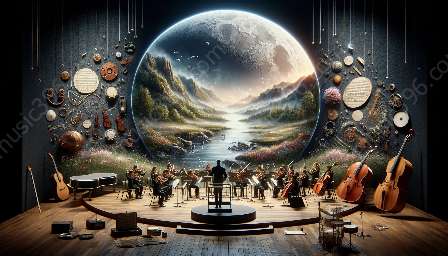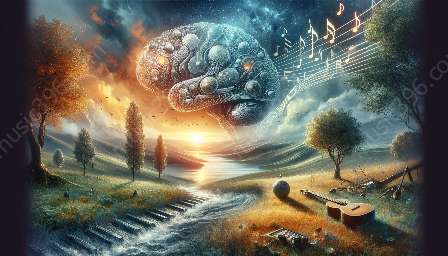Jazz and Blues have had a profound impact on popular music, shaping its evolution and influencing music history in significant ways. This topic cluster explores how these genres have contributed to the development of popular music from historical and cultural perspectives.
Historical Roots of Jazz and Blues
Jazz originated in the African-American communities of New Orleans during the late 19th and early 20th centuries. It is characterized by improvisation, syncopated rhythms, and a blend of influences from African music traditions, European harmonies, and American popular music. On the other hand, Blues music emerged from the Mississippi Delta region and was deeply rooted in the experiences of African-American communities, expressing emotions and hardships through soulful melodies and lyrics.
Defining Elements of Jazz and Blues
Jazz and Blues share key defining elements, such as the use of specific scales, improvisation, call-and-response patterns, and the expression of emotions through music. Both genres often focus on the individual expression of the performer and engage audiences through the raw emotions communicated in the music.
Influence on Popular Music
Both Jazz and Blues have left an indelible mark on popular music, with their influence being felt across various genres, including rock, R&B, soul, and hip-hop. The syncopated rhythms and expressive melodies of Jazz have infused the spirit of improvisation and experimentation into popular music, contributing to the evolution of various musical styles. Likewise, the emotional depth and storytelling aspects of Blues have influenced popular music by inspiring artists to convey personal experiences and narratives through their music.
Evolution of Music Genres
The impact of Jazz and Blues on popular music has led to the emergence of new music genres and sub-genres, such as jazz fusion, soul-blues, and rockabilly, showcasing the diverse ways in which these influences have shaped the musical landscape. Moreover, the incorporation of Jazz and Blues elements into popular music has contributed to the rich tapestry of musical diversity and creativity.
Cultural Significance
Beyond their musical contributions, Jazz and Blues have played a pivotal role in shaping cultural movements and societal changes. Both genres have been closely associated with expressions of resilience, freedom, and social justice, reflecting the experiences and struggles of marginalized communities. The cultural significance of Jazz and Blues in popular music extends to their role in promoting inclusivity and diversity within the music industry.
Continued Legacy
The legacy of Jazz and Blues continues to resonate in contemporary popular music, with artists and musicians drawing inspiration from these genres to create innovative and boundary-pushing music. Their enduring influence serves as a testament to the timeless appeal and relevance of Jazz and Blues in shaping the ever-evolving landscape of popular music.









































